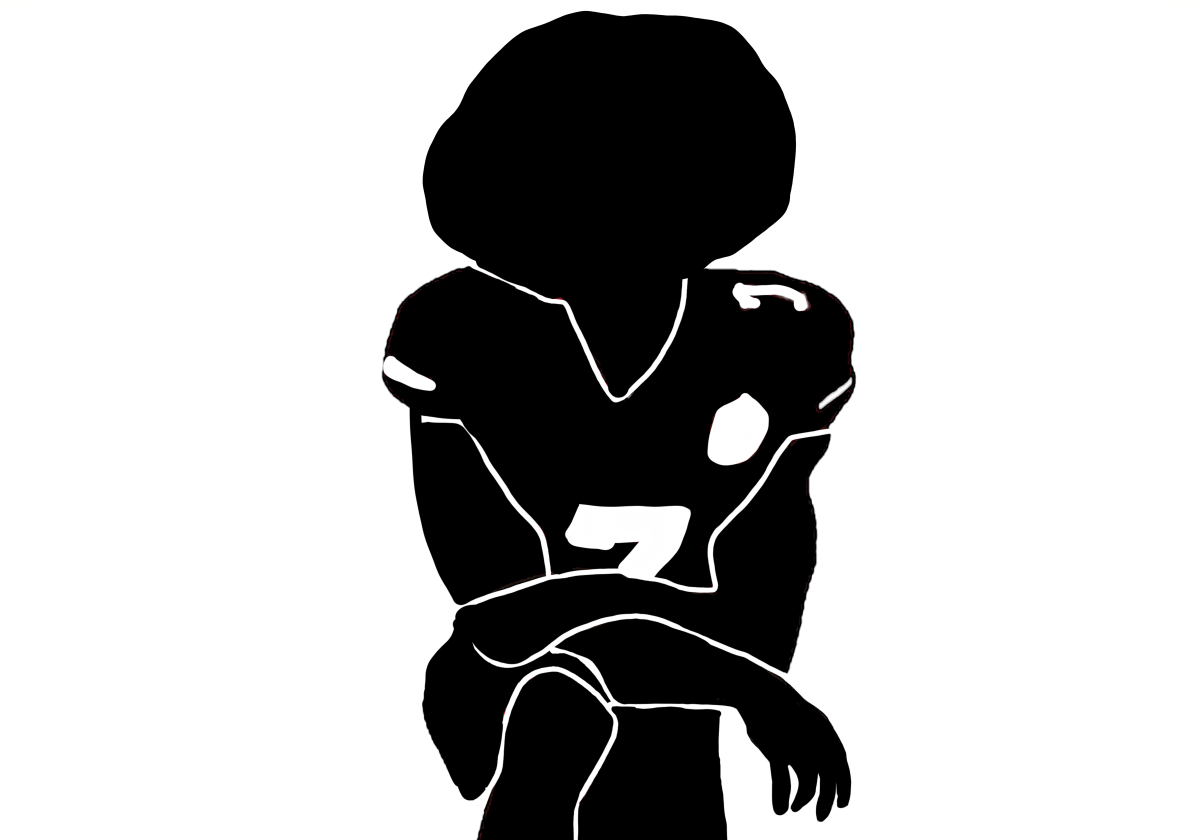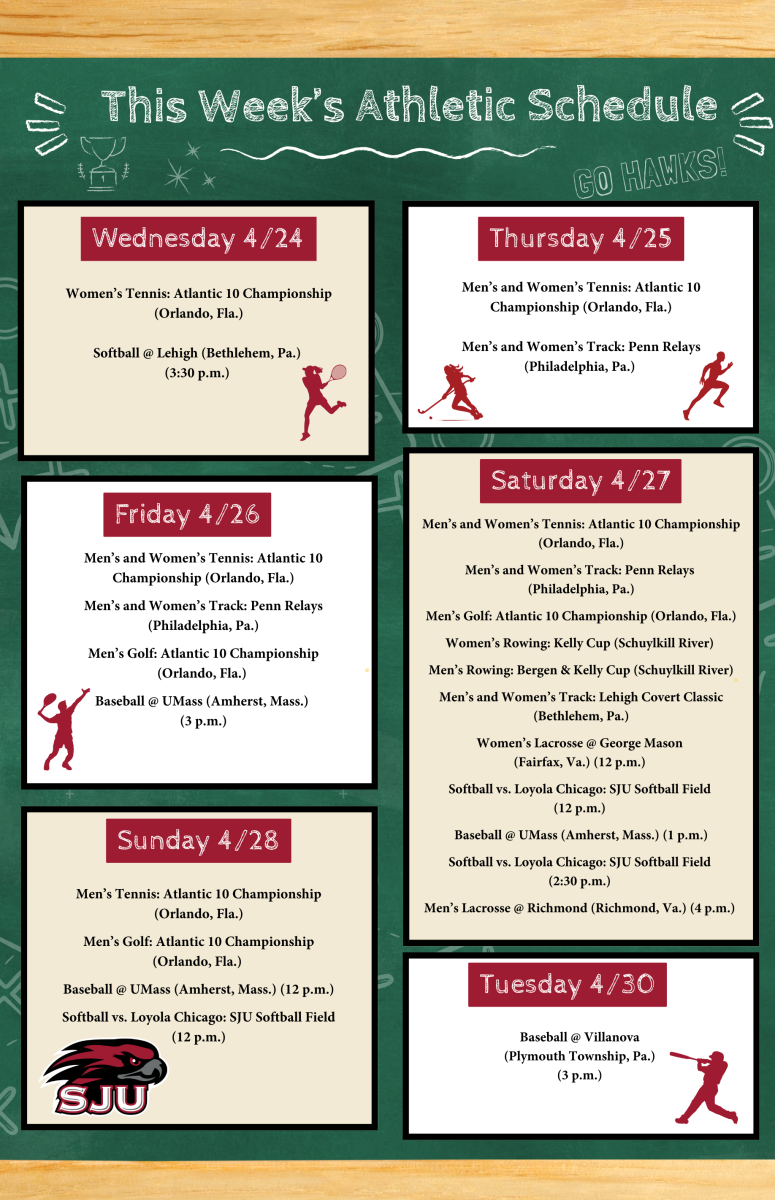Sporting events have historically been an arena for social activism and athlete activism, according to Stephanie A. Tryce, J.D., assistant professor of sports marketing. Tryce was the featured speaker at the first webinar of the Faculty Signature Lecture Series hosted by the Office of Inclusion and Diversity.
In her presentation, Tryce explored the history of athlete activism, identifying four periods, or waves, of activism, beginning in the early 1900s and continuing into the current resurgence of activism among college and professional athletes.
Athletes and activism is not a new phenomenon, Tryce said.
“Sport is nothing more than a microcosm of the greater society, and it absolutely reflects what’s going on in the greater society,” Tryce said. “Now, how we may feel about that is individual, and it depends upon what our relationship is with the society in which we reside.”
Brian J. Yates, Ph.D., assistant professor of history, said people are upset when they see athletes protesting for justice because people believe that athletes should only be there for their own entertainment.
“In this country, Black Americans can’t escape inequality,” Yates said. “It’s every day, staring us right in the face. So when people say stick to sports, that would be fine, if sports were an actual escape.”
Tryce said the first wave of athlete activism began just after the Civil War when Black athletes were gaining legitimacy and recognition in racially segregated leagues enforced by Jim Crow laws.
The second wave of athlete activism, from about 1946-60 was characterized by Black athletes gaining access and rights during the desegregation era of sports. During the third wave, between 1960-70, Black athletes demanded dignity and respect.
One of the webinar’s attendees, Alex Hood, a redshirt freshman on the St. Joe’s men’s soccer team, said he participated in a protest at the Black Lives Matter Plaza in Washington D.C. in June. In an interview with The Hawk after the webinar, Hood said his biggest takeaway from the experience was how many people felt passionately about social inequality.
“I think as athletes we have a special opportunity to draw the attention of more people than the average person would, because in sports everyone’s eyes are on you when you’re playing,” Hood said. “But also not just on the field, but off the field, or even before you start playing.”
Yates said protests in sports settings force the audience to see people of color as human beings who are not being treated equally.
“That’s why they have such a horrible response because they don’t want to be reminded of the fact that the American experience isn’t the America that many people experience,” Yates said.
Tryce said we are, to an extent, indoctrinated into a type of patriotism by the culture around us as we grow.
“When you are thinking about patriotism as a form of national attachment, those things are formed, along with other parts of our social identity on the micro level [that are] influenced by our families, by schools, and by other types of institutions,” Tryce said.
Tryce identified two types of patriots: uncritical patriots, who have blind love for their country and will not allow it to be criticized, and constructive patriots, who love their country, but see faults in it and want it to be better.
“We really have to look at what type of patriot we are, uncritical or constructive, and really pay attention to see how much that informs how we view those protests and how we feel about them,” Tryce said.
In fact, Yates said the argument that protests disrespect the flag or the military is forced patriotism.
“If our country was built on the value that we should comply with the flag, we would still be using the Union Jack,” Yates said.
Tryce said the 2012 killing of Trayvon Martin during the third wave of athlete activism jump started the fourth wave, which athletes are currently in.
“Trayvon Martin was really brought to our attention by LeBron James and Dwyane Wade and the Miami Heat,” Tryce said. “And the names, we know the names, sadly, we can’t say them all. But police brutality is what brought Kaepernick to his knee during the playing of the national anthem.”
Hood said protests are not just a trend but a response to a systemic issue that people are living through daily. He pointed to the Premier League, the top professional soccer league in England, as an example.
“In the Premier League, they’re still taking a knee before the game starts, reminding people that these injustices weren’t just some one-off during the summer that came and went,” Hood said.
Tryce said the nearly 50-year gap in between the third and fourth wave of athlete activism can be explained by the lack of big money endorsement deals available to Black athletes. Athletes now make far more money than their predecessors did, particularly in endorsements, she said.
“Now what we’re seeing is athletes having more sources of income,” Tryce said. “And the more sources of income that you have, the less vulnerable you are to a par- ticular brand wanting to gag you, to silence your voice in any way.”
Social media has made a big difference for athlete activism, Tryce said, giving athletes the tool to reach a global audience and a tool to have their authentic voice be heard as opposed to just being heard through interviews, where a journalist gets to decide what they will quote.
“You have this direct access to people that you didn’t have before social media,” Tryce said. “I think that makes a huge difference.”











































